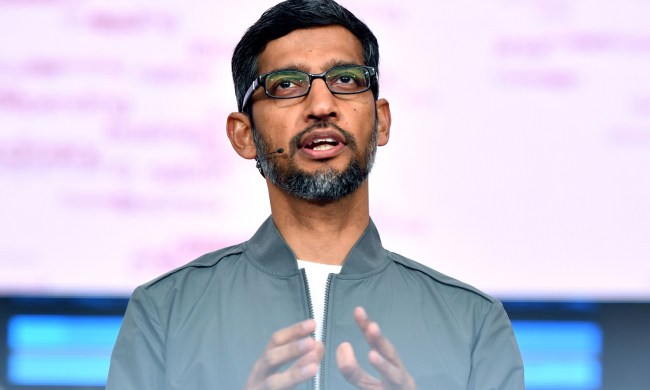The Federal Trade Commission is investigating the deal that launched direct sales of Apple products on Amazon, due to its negative impact on smaller third-party resellers.
The deal, which was announced last November, allowed Apple to significantly expand the availability of its hardware on the Amazon platform. It included the iPhone XS and iPhone XR, the iPad Pro, and the Apple Watch Series 4, but not the HomePod smart speaker as it was a competitor to the Amazon Echo.
Part of the purpose of offering direct sales of Apple products on Amazon was to reduce the listings of counterfeit and misleadingly marketed devices. However, at the time of the announcement, the deal was scrutinized due to its effect on third-party sellers.
The FTC is now probing the matter, according to The Verge. The report cites John Bumstead, a man from Minnesota specializing in refurbished MacBooks, who claimed that he was interviewed by FTC lawyers and an economist on the impact of Apple-Amazon deal on his business.
At least one of the members of the group reportedly belonged to the FTC’s Tech Task Force, a division created in February to investigate anti-competition concerns on tech platforms. The interview focused on how Bumstead’s business was given a couple of months’ notice before he was kicked off Amazon’s Marketplace after Apple secured the deal in November.
Some third-party resellers remained on Marketplace through the Amazon Renewed program, which offers refurbished Apple products. However, Bumstead said that participants were required to purchase about $10 million in inventory per year, which is impossible to achieve for smaller resellers like his business.
Antitrust expert Sally Hubbard, the director of enforcement strategy at the OpenMarkets Institute, told the Verge that brand gating, or the practice of entering a deal with a company to shut out third-party sellers, is rampant on Amazon. She argues that it may be illegal under the antitrust law, which sets the foundation for the FTC’s investigation.
The FTC is also conducting an antitrust investigation into whether Facebook acquired Instagram and WhatsApp before they became threats to its business. The probe comes on the heels of a historic $5 billion settlement between the two parties over privacy violations.


